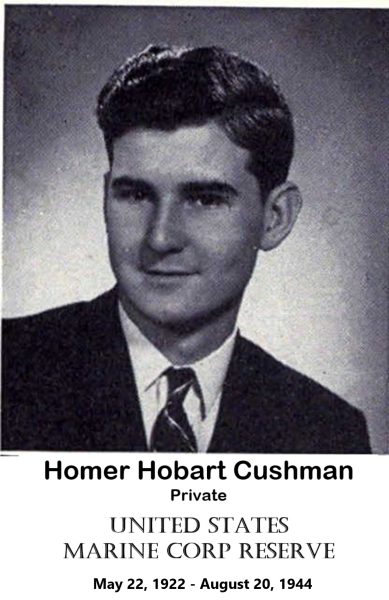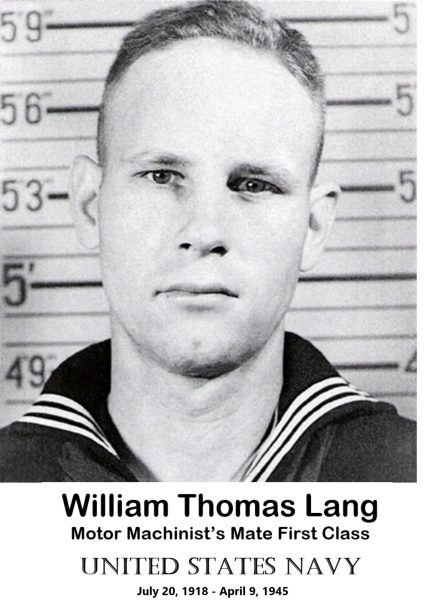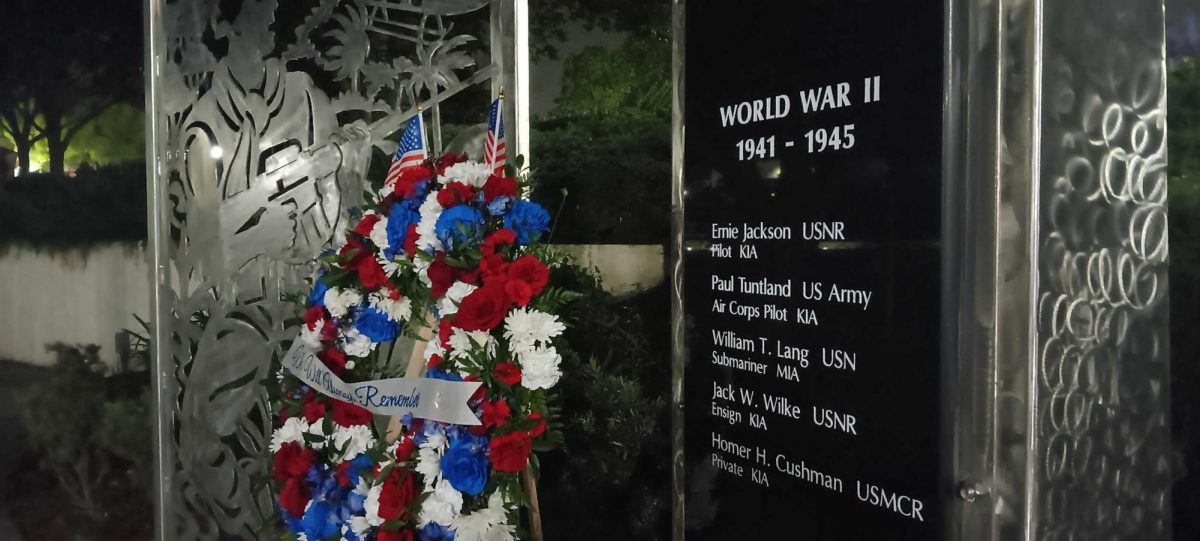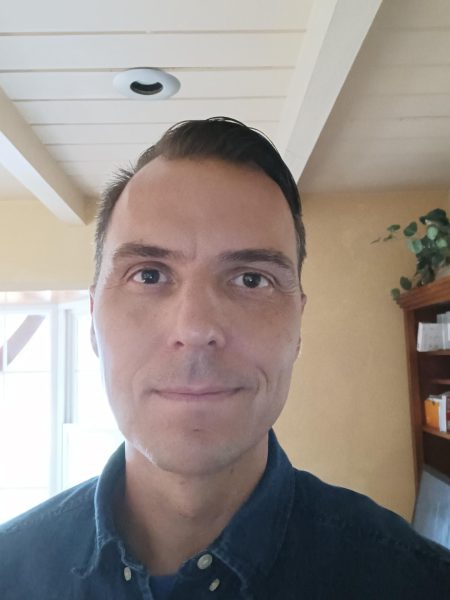On May 26, at the West Covina Civic Center, city leaders, distinguished guests, first responders, veterans and community members gathered to honor and remember those that had made the ultimate sacrifice for our county.
The ceremony consisted of speakers from various fields and roles within the community who were there to pay tribute to our fallen service members. Beginning with an invocation by Pastor Samuel Martinez, a 36 year resident of West Covina, the tone for the ceremony was set as he quoted former 30 President Calvin Colllidge,’A nation that forgets its soldiers will soon be forgotten itself’. Though Martinez has never served in the military, he has ministered to the needs of military members and their families and shares a deep respect for them as much as those in attendance.
Amongst those speaking was Senator Susan Rubio (D), whose family has a proud history of military service. There she honored and rewarded veterans and those who made the ceremony possible.
Mayor Tony Wu also shared his thoughts with those in attendance, highlighting the gravity of the ceremony as his speech reflected on the privilege to be an American and the responsibility of citizens to live a life of gratitude that honors those sacrifices made on our behalf. Wu explained that Memorial Day is a solemn day of remembrance, taking time to reflect and appreciate the freedoms we have in this country.
Wu would go on to tell SACMedia that he believes that young people should be taught about those who have died for our freedoms and that all citizens of West Covina should never forget about those who faced the horrors of war and the price they paid for all of us to be here today.
One veteran in attendance who knows intimately about that horror was Oggie Galaviz, a former paratrooper of the 82nd Airborne Division who served in the Vietnam War.
Drafted just after finishing his first year at East Los Angeles College, Galaviz would be deployed during the Tet Offensive, and see and endure some of the war’s most intense fighting. Now, only one out of four remaining of his unit, Galaviz’s one command and plea to readers is to never forget the lives lost in combat and to remember where their freedom comes from.
Loyd Austin Johnson also served in the Vietnam War and can resonate with Galaviz statements. A disabled Army Vietnam veteran, Loyd served as a rifleman in 1968 just prior to the Tet Offensive and sees Memorial Day as one of the most important days we have.
“On Memorial Day, we represent all of those unsung heroes that fought for our freedoms and never came home. And people need to understand that freedom isn’t free. War is ugly. Everyone dies on both sides and loses family members. This is a day we can gather together and remember them,” Johnson said.
As former mayor of West Covina, Johnson would want more people of the city to attend events honoring veterans that never came home and pay their respects to the memorial displayed at the Civic Center. Acting Fire Chief Mike Browne, also shares the same views as Galaviz and Johnson.
When asked what Memorial Day means, Browne replied, “The big thing is remembering all the people that provided us with the country that we live in today … remembering those that paid the ultimate sacrifice. Just as Mayor Wu [mentioned], ‘Freedom isn’t free’, Browne said.
The event was also a time to recognize WWII veterans that died in the Pacific Theatre of the war. Navy submariner William T. Lang (MIA), United States Marine Reservists, Homer H. Cushman (KIA), and Navy Reservists Jack W. Wilke (KIA). All three had their names etched onto the memorial stone slab alongside two others, Army Air Corps Pilot, Paul Tuntland, (KIA) and Navy Reservists Pilot, Ernie Jackson (KIA).
According to Mario Sabalvarro, an historian from West Covina’s Historical Society, in the early days of West Covina, the city had yet to have its own post office, causing the growing population to share its mail services with Covina. This would add to the confusion in identifying Lange, Cushman and Wilke as West Covina residents. The city wouldn’t get its own post office until 13 years later after World War II ended and five years after the Korean War had ended in 1953.

As dauntless as the task was, Sabalvarro and his team put heart and soul into the work using track maps and other archive material and eventually found their addresses in Covina’s archives. From there, the team would have to confirm that the three lived in West Covina at the time and using a West Covina Annexation Map, they did, and were able to determine and confirm that Wilkes and Cushamn were residents prior to there deaths and Lang prior to being unaccounted for.

Private Cushman would fight and die at the Battle of Peleliu, known as the hardest fought battles in the Pacific. Wilke would be killed at the Battle of Midway but prior would receive the Purple Heart and the Navy Cross. Lang was the only service member out of the three that would remain missing. His submarine Snook, would be presumed lost at sea after failed attempts to contact it by the U.S and British Navy. Snook would eventually destroy 17 enemy ships or vessels, in the two and half years of her military service.
In the end, Sabalvarro was glad that everyone was able to see and discover the amazing heroism and courage these young men displayed nearly 80 years ago for their country. George Ogden, Commander of VFW Post 8620 was also excited and grateful, not just for those that had given their lives but for those like Sabalvarro, who had dedicated their time and energy to remembering, sharing and preserving the legacy and sacrifice of Lang, Cushman and Wilke.
When asked to explain Memorial Day to our readers, Ogden said, “Don’t forget us. Don’t forget those guys who gave it all for you to have a life … for you to move forward and do the things you do.”
Memorial Day was first celebrated as Decoration Day, when during the Civil War, citizens would decorate the graves of fallen soldiers with flags. As decades passed, the name would change to Memorial Day after World War 1. It would later be designated a national holiday in 1971.



